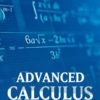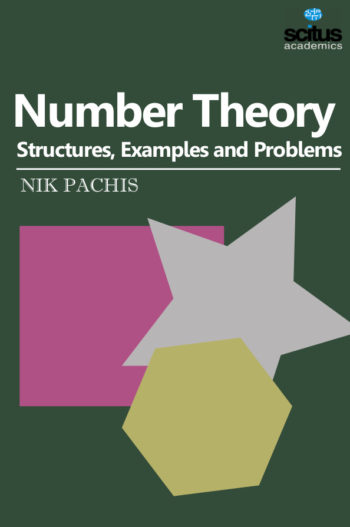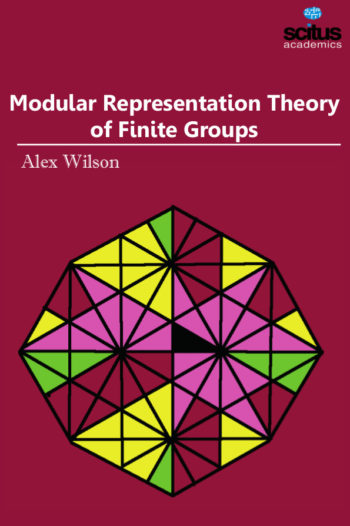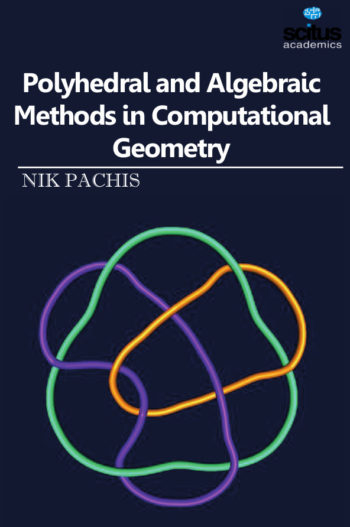Mathematical physics refers to development of mathematical methods for application to problems in physics. Physics, as in the language of a physicist, is the study of matter and energy and to a layman it is simply the study of Nature. Physics deals into the deeper insights and truths about the universe. As it is known globally, ‘Mathematics is the language for physicists’, and without proper mathematical knowledge it is nearly impossible to learn or understand higher physics. Mathematics is required not to understand the physical phenomenon but to convey and exchange the knowledge and information about it among the scientific community and the common masses in a proper structure. The effort to put physical theories on a mathematically rigorous footing has inspired many mathematical developments, such as, the development of quantum mechanics and some aspects of functional analysis parallel each other in many ways. The mathematical study of quantum mechanics, quantum field theory and quantum statistical mechanics has motivated results in operator algebras. The attempt to construct a rigorous quantum field theory has also brought about progress in fields such as representation theory. Use of geometry and topology plays an important role in string theory.
Mathematical Physics provides a broad coverage of the field of mathematical physics, from dominantly mathematical subjects to particle physics, condensed matter, and application of mathematical physics methods in various areas such as astrophysics, together with functional analysis, linear and partial differential equations, algebras, modern differential and algebraic geometry and topology, representations of Lie groups, calculus of variations, asymptotic methods, random process theory, dynamical systems, and control theory. This book aims to expose the reader to the indispensable role that mathematics plays in modern physics.













